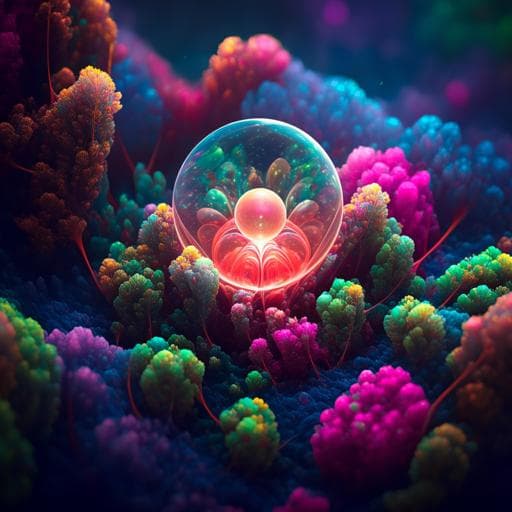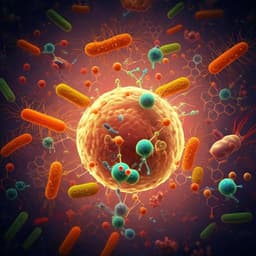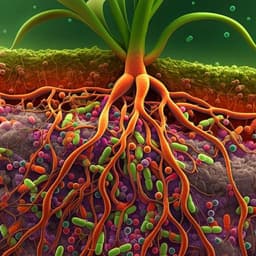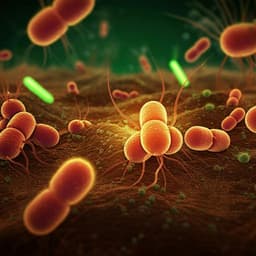
Medicine and Health
Insights into the assembly of the neovaginal microbiota in Mayer-Rokitansky-Küster-Hauser (MRKH) syndrome patients
N. Chen, L. Hao, et al.
This longitudinal study reveals intriguing insights into the neovaginal microbiota assembly in MRKH syndrome patients post-laparoscopic peritoneal vaginoplasty. Early microbiota displayed stochastic characteristics, with *Enterococcus faecalis* and Mycoplasmas flourishing. Remarkably, the neovagina evolved to mimic a normal vagina over time, hinting at ways to enhance neovaginal health. This groundbreaking research was conducted by the authors listed below.
Related Publications
Explore these studies to deepen your understanding of the subject.







